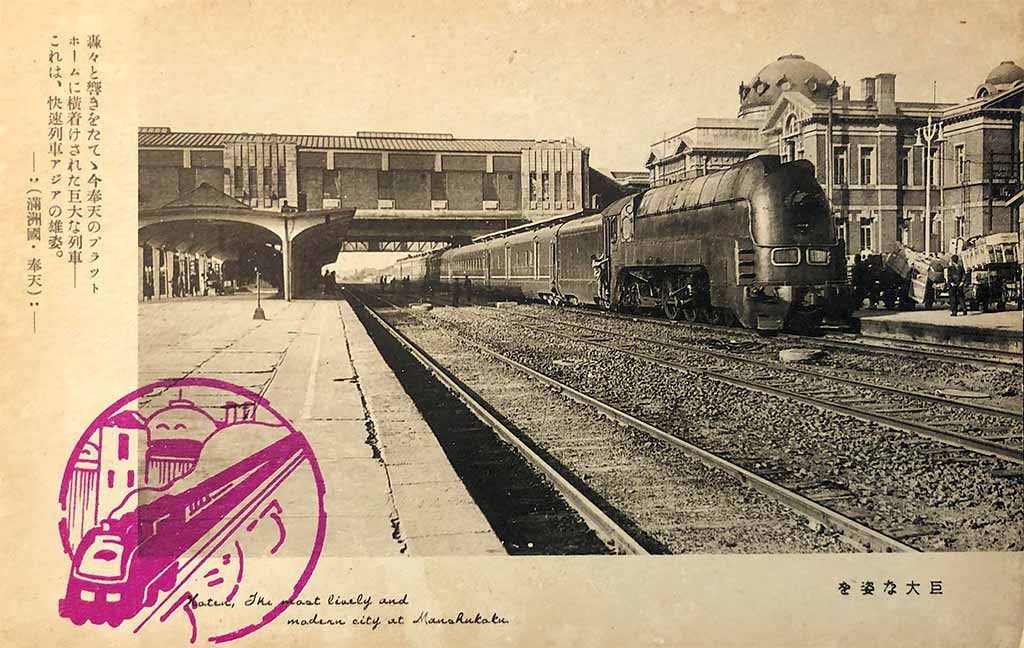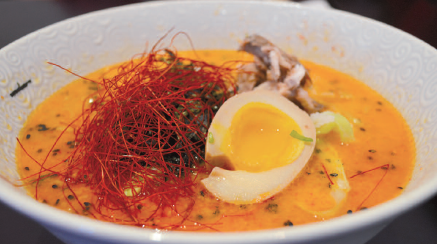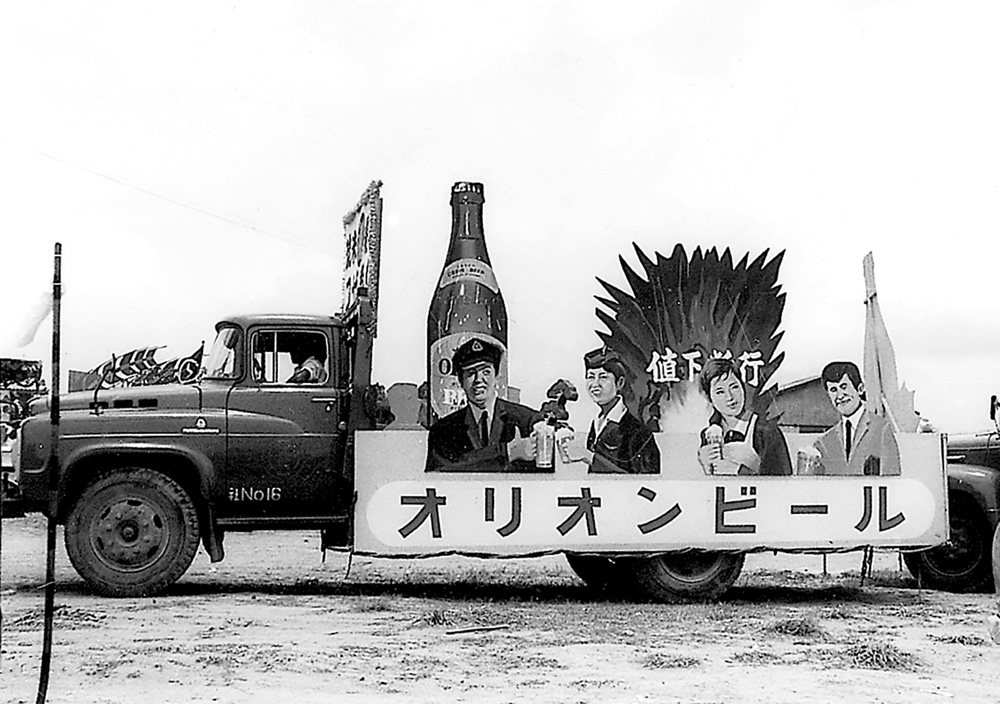

As Ukraine continues to dominate the news, it is worth remembering the example of Manchu.
It is said that history is a series of hiccups that can’t be compared. However, it is obvious that Russia’s invasion of Ukraine is reminiscent of what happened in September 1931 when Japan, under the pretext of an attack perpetrated by the Chinese, set out to conquer the whole of Manchuria before turning it into a puppet state, Manchukuo, in March 1932. The conduct of the Japanese at the time and the reaction of the major powers of the day, in this case the Western nations, are comparable to the current situation in many respects.
In October 1931, the Council of the League of Nations (CoN), equivalent to the UN Security Council, passed a resolution by 13 votes to 1, that of Japan, demanding the withdrawal of Japanese troops from Manchuria. This was similar to the vote on the resolution on 25 February 2022 concerning the invasion of Ukraine, which was supported by eleven members of the Security Council with only Russia voting against. Similarly, the adoption of a resolution by the CoN, in February 1932, refusing to recognise Manchukuo by 42 votes to 1, was followed ninety years later by a UN General Assembly resolution “demanding that Russia immediately end its military operations in Ukraine”, which was approved by 141 countries. Almost every ambassador who spoke to the motion condemned Moscow by name. Their Russian counterpart blamed the Ukrainian government and Western nations for causing the war. This echoed the position taken by Matsuoka Yosuke, head of the Japanese delegation at the CoN, who stated at the time that the chaos in China was due to conflict in the Far East, and that Japan was its principal victim.
The parallels between events in Ukraine and those in Manchuria do not end with these invasions, separated by 90 years, perpetrated by Japan and Russia respectively against an independent state. They also extend to the response of other nations, principally those in the West. In 1932, as in 2022, they chose to impose far reaching economic sanctions against the aggressors in Manchuria and Ukraine. By depriving the Empire of the Rising Sun of raw materials, access to oil and various minerals, the Americans and their allies believed that they would be able to drive back the Japanese.
Unfortunately, Japan stood its ground and, convinced that it had right on its side, launched itself into a war that resulted in its near destruction. It is at this point that the comparison between the events fails as today, it is difficult to imagine Russia engaging in a global conflict in which everyone would be the loser. Nevertheless, we must not forget the lessons from the past in order to avoid making the same mistakes, which would have dire consequences to say the least.
Odaira Namihei










